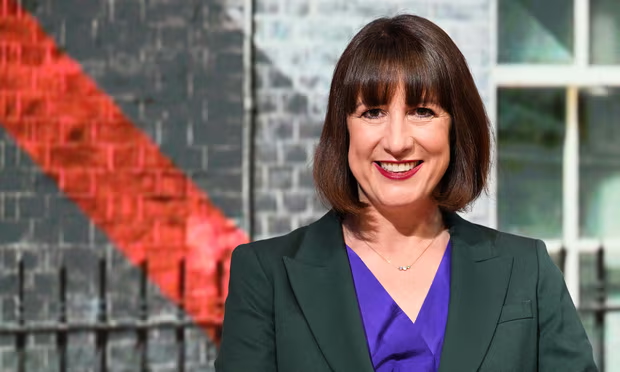Labour Faces Crucial Test on Tax Pledges


Labour is nearing a critical juncture on its tax and spending commitments as Chancellor Rachel Reeves considers significant public sector pay raises. Reeves has suggested that teachers and NHS staff could receive pay increases of around 5.5%, well above current inflation rates. This decision comes ahead of an autumn budget expected to be one of the most complex in years.
Economists warn that such pay rises could cost billions and challenge Labour’s fiscal plans. Ben Zaranko from the Institute for Fiscal Studies (IFS) indicates that meeting these demands might require higher taxes or increased borrowing, complicating Labour’s budget commitments. He believes that while some economic improvements might help, securing the necessary funds will be difficult.
The Institute for Government (IFG) has also highlighted the strain on public services under current spending plans, suggesting that radical reforms and increased investment are needed to prevent further declines in services like the NHS and social care.
In her first major interview as chancellor, Reeves admitted that the economic situation is more challenging than initially expected, partly due to decisions made by the previous government. She argued that addressing public sector pay needs could help avoid strikes and recruitment issues, despite the high cost.
The IFS estimates that a 5.5% pay rise for public sector workers would cost about £5.5 billion, potentially rising to £10 billion if extended to all public sector staff. Reeves acknowledges the financial strain but emphasizes the need for a sustainable approach.
Unions, especially the National Education Union, may react strongly if their pay demands are not met, potentially leading to strikes. Labour’s election campaign had pledged to avoid many tax increases, so any new tax hikes would be viewed as a breach of promises.
Re-reported from the article originally published in THE GUARDIAN.









